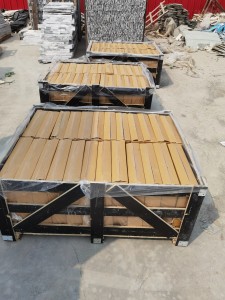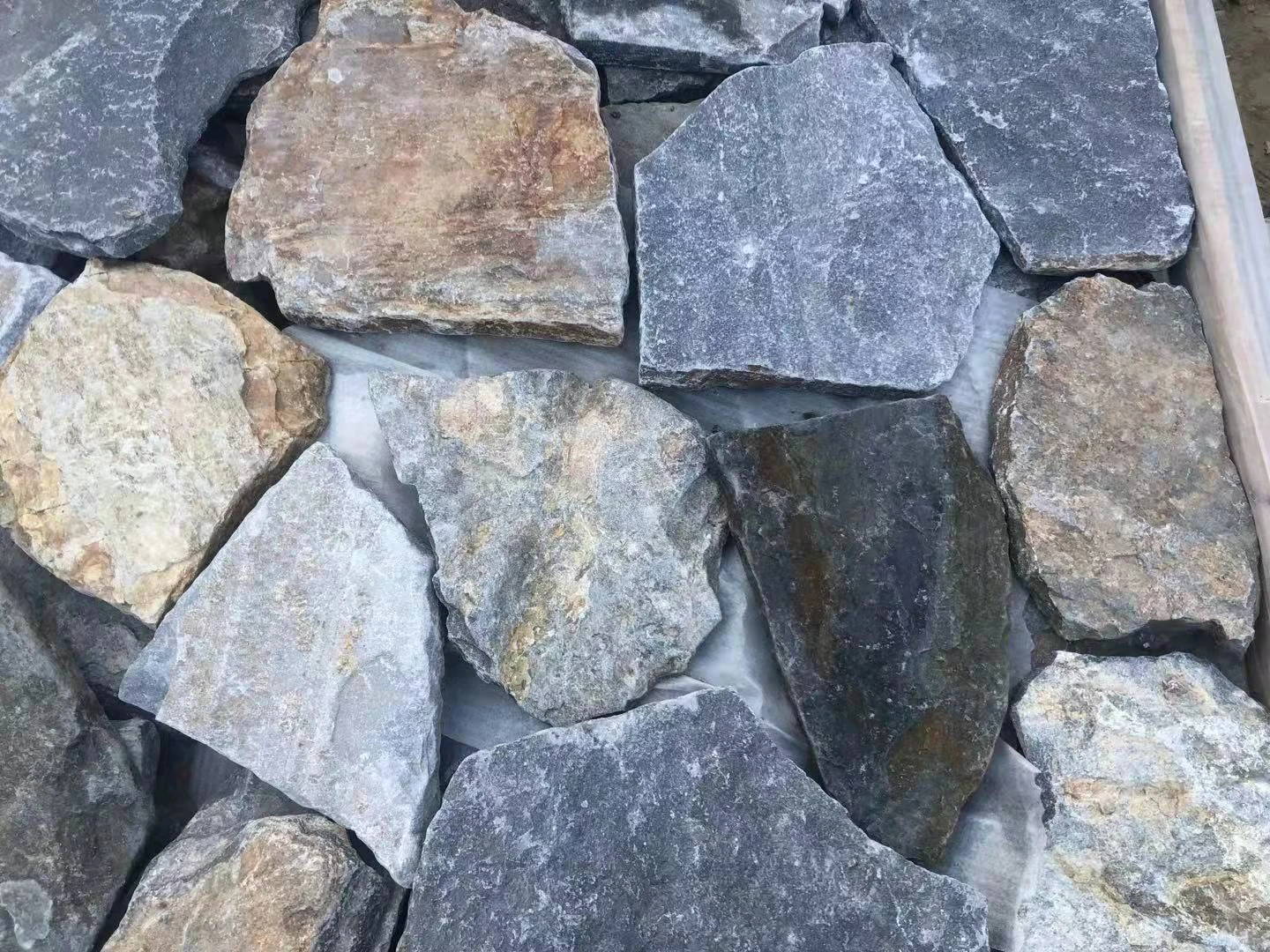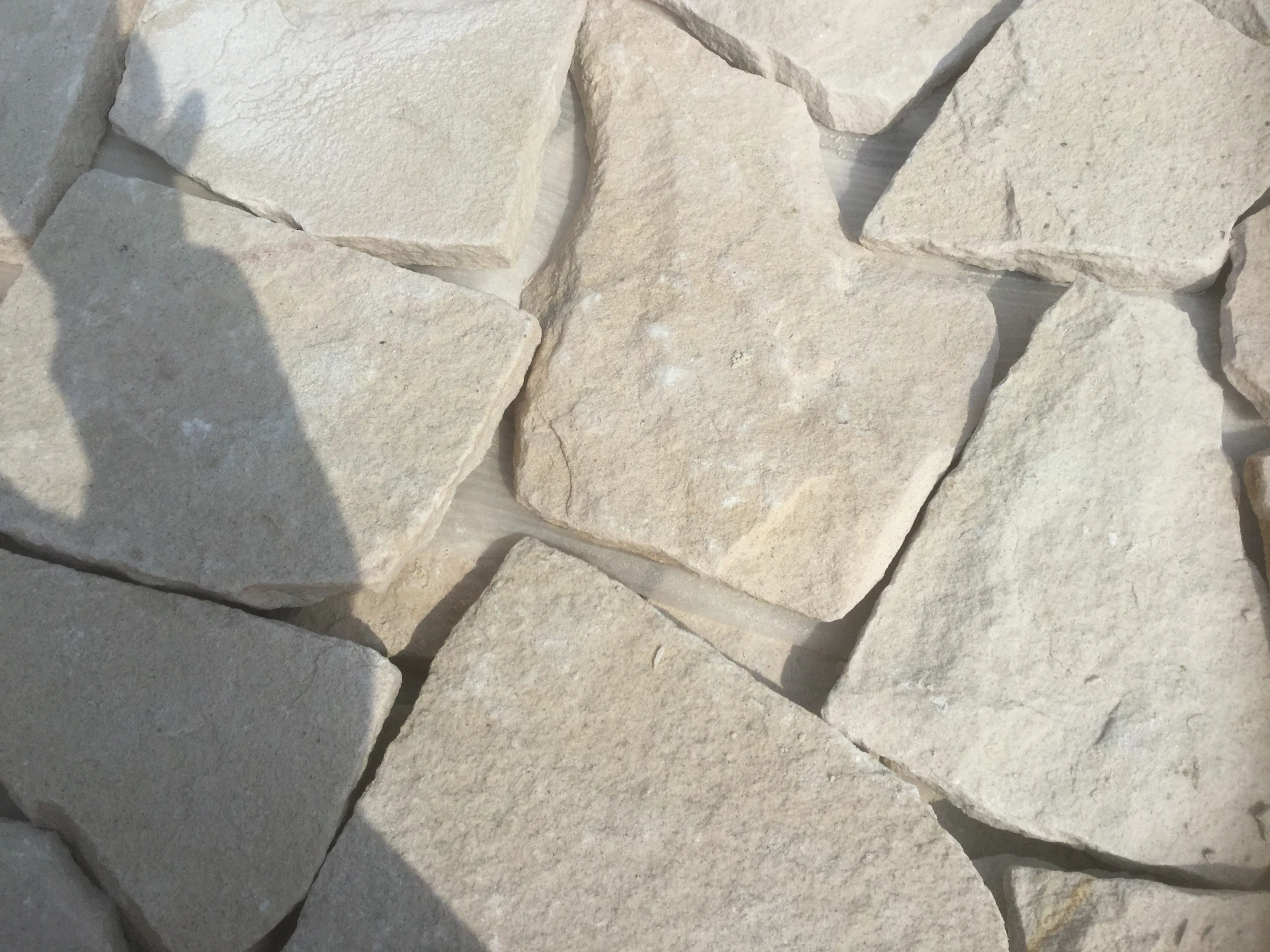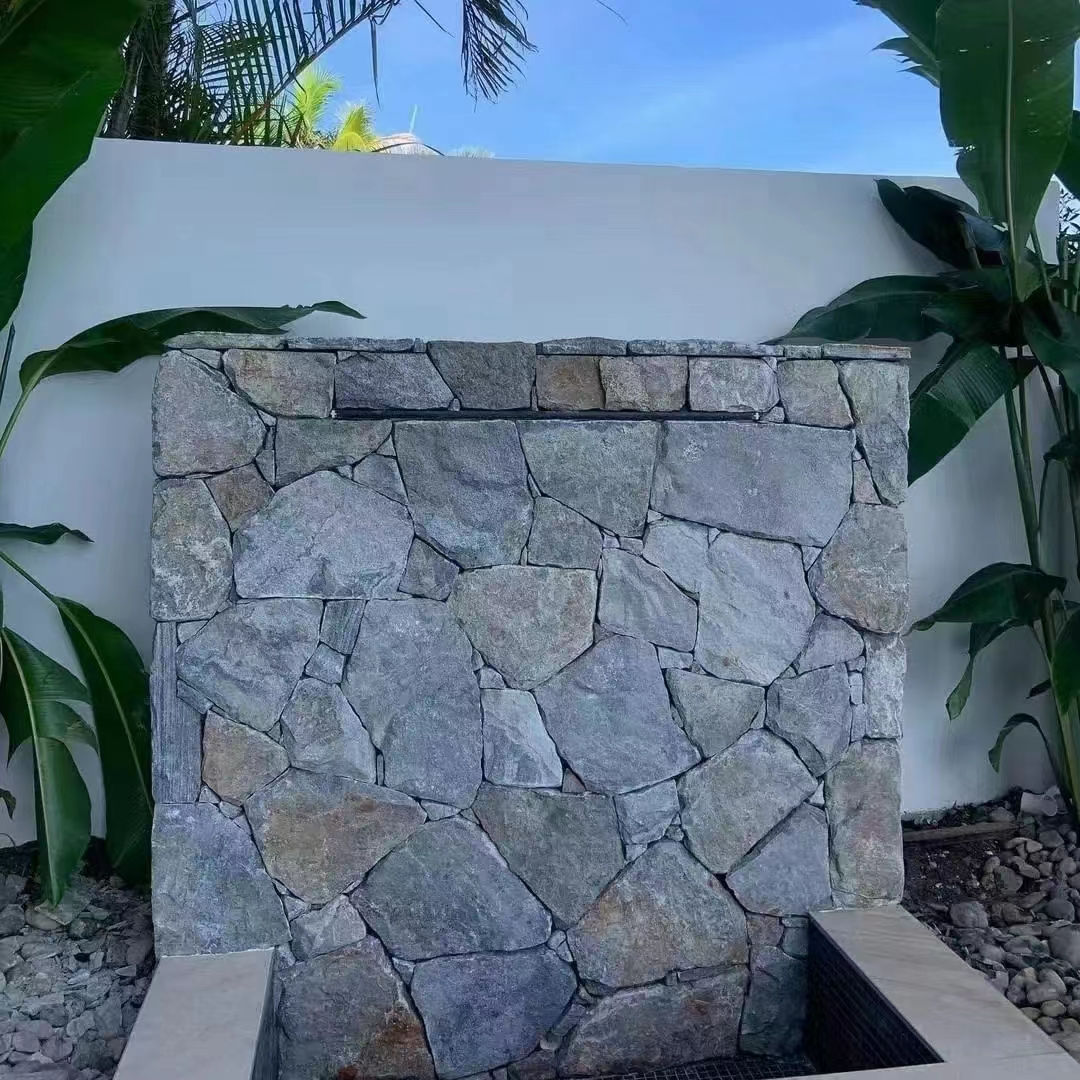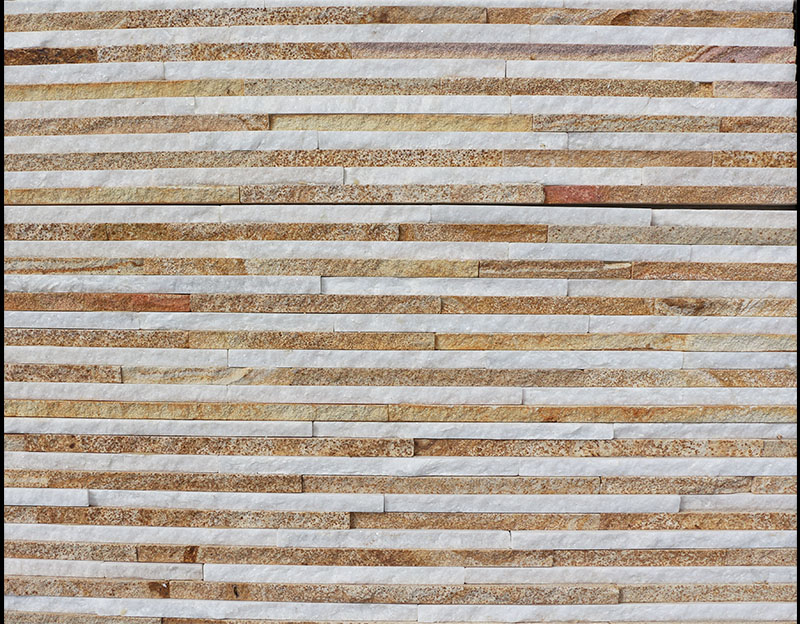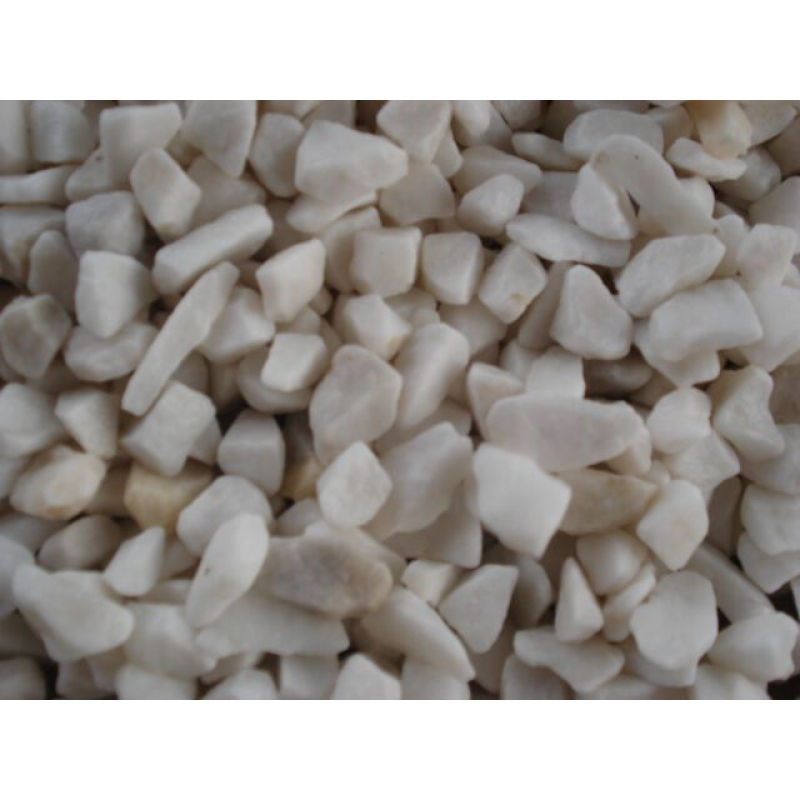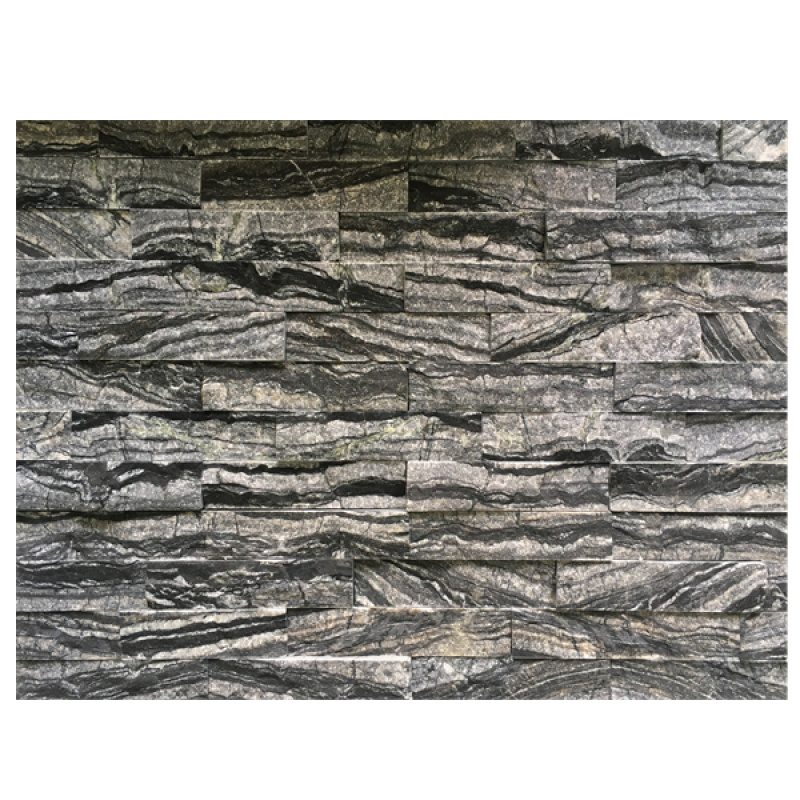When it comes time to install new tile in your home, you want to know you're getting quality that will stand the test of time. But with so many options for tile retailers out there, how do you decide where to shop? The key is finding a supplier you can trust for durable, long-lasting tile. In this article, we'll walk you through what to look for in tile quality and examine the hallmarks of a retailer you can rely on for beautiful, resilient tile that will bring you joy for years to come. Getting the right tile matters, so let's explore how to find it!
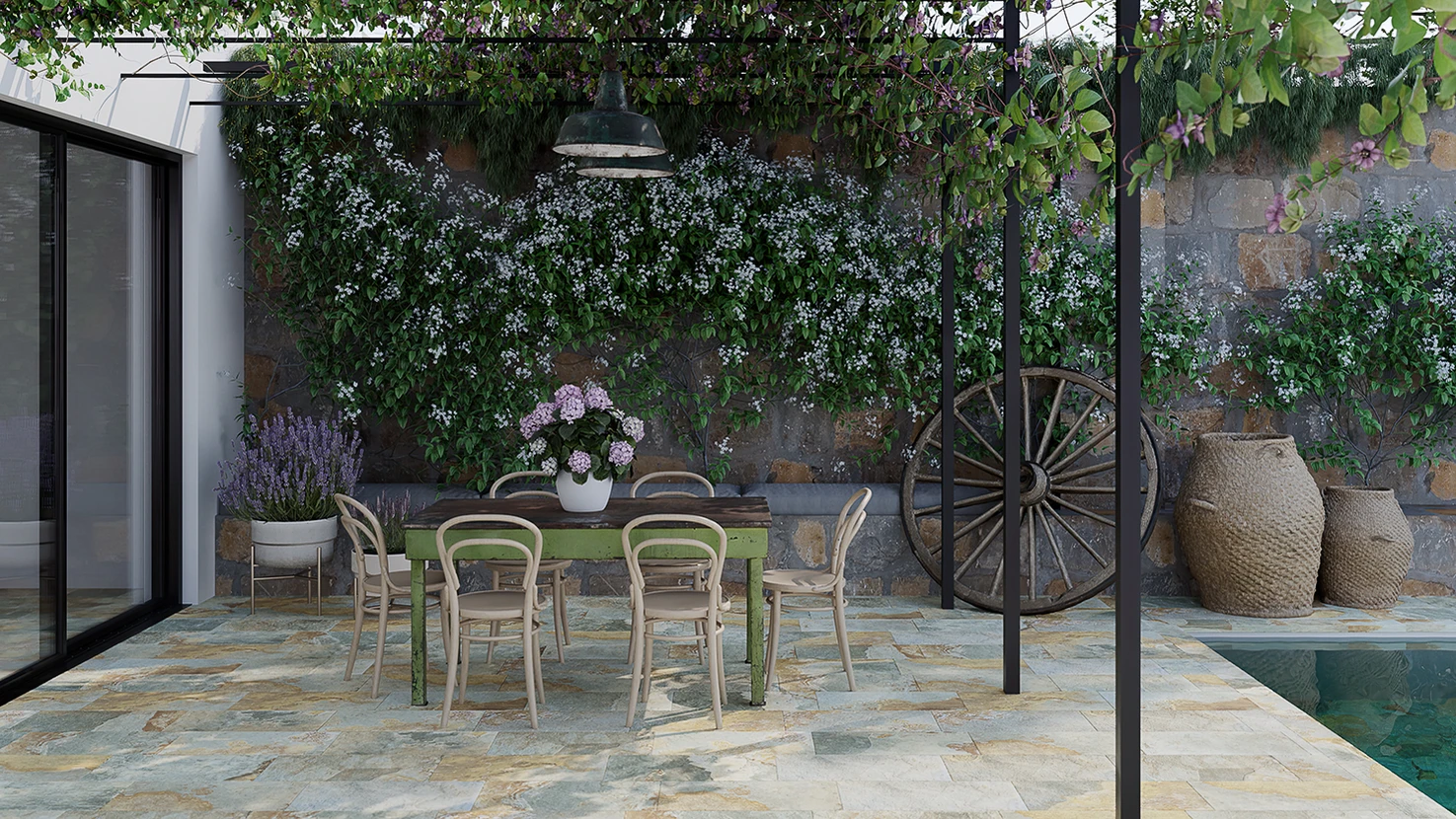
The Importance of Choosing a Reliable Tile Retailer
The tiles you choose can make or break the look and longevity of your space. That's why finding a reputable tile retailer is key.
High-Quality Selection
A trusted tile store will have a wide range of high-quality tiles to choose from. We're talking durable, stylish options like natural stone, ceramic, porcelain, and glass tiles from reputable brands. With more choices, you're sure to find tiles that match your home's style.
Expert Guidance
Knowledgeable sales staff will help you explore all the options and make the best choice for your needs. They can give recommendations based on factors like cost, durability, and esthetics. An established tile retailer will also have designers on staff to provide guidance on tile layout, patterns, and grout colors.
Reliability and Warranties
Reputable retailers stand behind the products they sell. They'll offer solid warranties on tiles, especially for high-end, luxury options. If there are any issues with your tiles after installation, an established store will work to resolve them. They want happy customers and value long-term relationships.
Choosing a tile retailer may not seem important, but it can make a big impact. Do some research, read reviews, and find a store with a great selection, helpful staff, and policies that give you confidence in your purchase. Your space will thank you, and so will your wallet if you ever need to make a claim. Invest in quality and durability the first time around.

Assessing the Durability and Quality of Tiles
When it comes to tiles, durability and quality are key. After all, tiles are meant to last for years, if not decades. You don't want to go through the hassle and expense of installation only to have tiles crack, stain or warp soon after.
Material Matters
Porcelain and ceramic tiles are typically the most durable options. Porcelain tiles are the hardest, densest and most water-resistant. Ceramic tiles also offer longevity but may chip or stain more easily. Natural stone tiles require more maintenance but can withstand high traffic when properly sealed. Glass and metal tiles tend to scratch and dent more easily.
Check the PEI Rating
The Porcelain Enamel Institute (PEI) rates tiles from 1 to 5 based on durability and stain resistance. Choose a PEI rating of at least 3 for residential floors and 4 or 5 for commercial applications. Higher PEI ratings indicate better durability and suitability for high-traffic, commercial use.
Consider the Coefficient of Friction
The higher the coefficient of friction, the less slippery the tile. For floors, choose a coefficient of 0.5 or higher, especially in areas like bathrooms, kitchens, and entryways. A tile that's too slippery when wet can lead to falls and injuries.
By assessing factors like the tile material, PEI rating, and slip resistance, you can find durable, high-quality tiles that will stand up well to the demands of your space for years to come. Your tile retailer should be knowledgeable about these characteristics and able to recommend suitable options for your needs. With the right tile and proper installation, you'll end up with floors and walls that last.

What Makes a Tile Durable?
Tile durability depends on several factors, but primarily the material and quality. Ceramic and porcelain tiles are naturally very durable, while natural stone tiles require sealing to withstand heavy use.
Material Matters
Porcelain tile is the most durable option, able to withstand scratches, stains, moisture, and temperature changes. Ceramic tile is also durable but slightly softer than porcelain. Natural stone tiles like granite, slate, and travertine require sealing to prevent stains, but hold up well to traffic when properly sealed. Avoid soft tiles like vinyl, linoleum or cork in high-traffic, wet areas.
මී පැණි රන් ලෑල්ලක් පදික පැදුරු
Quality Counts
Higher quality tiles will last longer. Check the PEI rating, which measures a tile’s ability to withstand foot traffic. For residential floors, look for a PEI 3 or higher. PEI 4 or 5 is best for commercial use. The thicker the tile, the more durable it will be. Tiles under 1⁄4 inch thick can crack more easily under pressure.
Proper Installation
Even the most durable tiles won’t last long if installed incorrectly. Use a reputable tile contractor to ensure tiles are securely adhered to the surface. Grout seals also protect tiles from damage and stains. Re-seal grout every few years to maintain protection.
Choosing durable, high-quality tiles and having them installed properly is key to getting the most value and longevity from your investment. With the right tile and care, your floors and walls can stay looking their best for many years to come. Focusing on durability and quality upfront will save you time, money, and headaches down the road.

Identifying Quality Tile Materials
When it comes to tile, durability and quality go hand in hand. Inferior tiles will not stand the test of time and can end up costing you more in the long run. Look for retailers that specialize in high-quality, reputable brands to ensure you’re getting tiles that will last.
ස්වාභාවික ගල්
Natural stone tiles like granite, marble, and travertine are prized for their beauty and longevity. However, natural stone is porous and requires sealing to prevent staining. Check that the retailer properly seals the tile before installation. Reputable retailers will also educate you on the proper care and maintenance of natural stone to keep it looking its best for years to come.
Ceramic or Porcelain
For ceramic or porcelain tile, check the PEI rating which indicates the tile's durability and suitability for different areas of the home. Higher ratings, like PEI 4 or 5, are ideal for high-traffic, commercial areas. Porcelain tile is even more durable than ceramic and suitable for outdoor use.
Grout and Sealants
Don't forget the grout and sealants used in your tile installation. Low-quality grout and sealants can break down prematurely, allowing moisture to seep in and compromise your tile. Ask about the specific products the retailer uses and opts for premium, commercial-grade grout and sealants that are resistant to mold and mildew and designed to last 15-20 years or more.
By choosing a knowledgeable retailer that specializes in high-quality, durable tile and installation materials, you'll end up with an attractive tile design that stands the test of time. Do your research, ask the right questions about specific tile and grout brands, and don't be afraid to ask for references from previous clients. With the right tile and the right retailer helping you along the way, you'll enjoy your new tile for many years to come.

Questions to Ask a Tile Retailer About Durability and Quality
When choosing a tile supplier, ask them about the durability and quality of their products. High-quality, durable tiles will last longer and require less maintenance—saving you time, money, and hassle down the road.
What grade/type of tile do you offer?
Ceramic and porcelain tiles are more durable than natural stone. Porcelain tile is even harder than ceramic and suitable for high-traffic, commercial areas. For residential use, a mid-range ceramic tile should hold up well. Avoid the cheapest options.
What is the tile’s PEI rating?
The Porcelain Enamel Institute (PEI) rating indicates a tile’s durability. Choose a tile with a PEI III or higher for residential floors. PEI IV and V can withstand heavy commercial traffic. For walls, PEI II is sufficient.
What is the tile’s water absorption rate?
A lower water absorption rate means a denser, more durable tile. For floors, look for a rate under 3%. Under 0.5% is considered porcelain. For walls, under 10% is good. Tiles with higher absorption rates stain and scratch more easily.
What type of surface finish does the tile have?
Glazed tiles have a durable protective coating and resist stains and scratches. Unglazed tiles will require sealing. Polished tiles have a smooth, shiny surface, while matte tiles have a dull, textured finish. Choose based on your needs and style preferences.
Do you offer any warranties on your tile products?
Reputable tile suppliers will offer a warranty covering defects for at least a year. Some offer extended warranties up to the lifetime of the tile. Warranties show that the company stands behind the quality and durability of their products.
Asking the right questions about durability and quality will ensure the tile you choose stands the test of time. Look for a knowledgeable retailer that offers high-grade tiles with the proper PEI and absorption ratings for your needs. With the right tile and installation, you’ll enjoy a beautiful space for years to come.

නිගමනය
So in the end, choosing the right tile supplier comes down to doing your homework. Take the time to research companies, read reviews, and inspect samples in person. A reputable retailer will have a wide selection of high-quality tiles that stand the test of time. And they'll take the time to listen to your project goals and unique needs. With the right tiles and supplier, you can transform any space into a showstopper that impresses for decades to come. Just remember - don't compromise on quality. Take your time and choose a retailer you trust. Your dream home deserves it.


